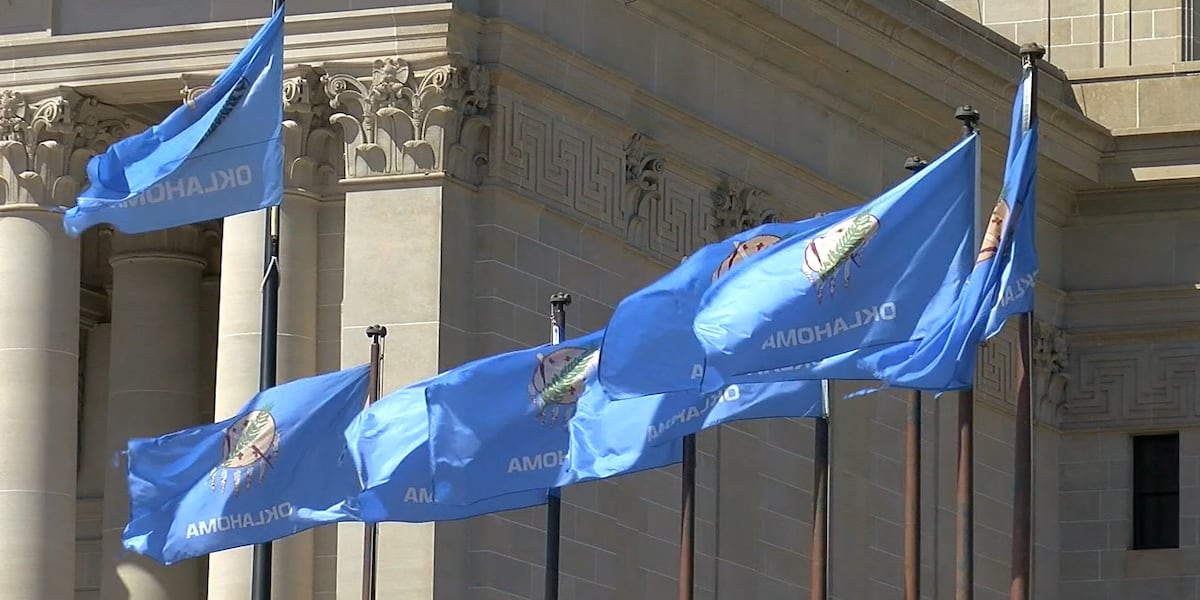Faith, Politics, and Power: Oklahoma Legislators Ignite Heated Debate on Religious Influence in Governance

A controversial resolution declaring "Christ is King" has sparked heated debate in the Oklahoma House of Representatives, with Democratic lawmakers pushing back against the proposed measure. The resolution, which aims to make a bold religious statement, has drawn sharp criticism from members of the House Democratic Caucus who argue that it potentially violates principles of religious freedom and separation of church and state.
The proposed resolution has become a flashpoint for political and religious tensions, highlighting the ongoing discussions about the role of religion in public policy. Democratic representatives are voicing concerns that such a proclamation could marginalize citizens of different faiths or no faith at all, emphasizing the importance of maintaining a neutral stance in government proceedings.
As the debate unfolds, the resolution has brought to the forefront complex questions about religious expression, political representation, and the delicate balance between personal beliefs and governmental neutrality. The Oklahoma House now finds itself at the center of a potentially divisive political and religious discourse.
